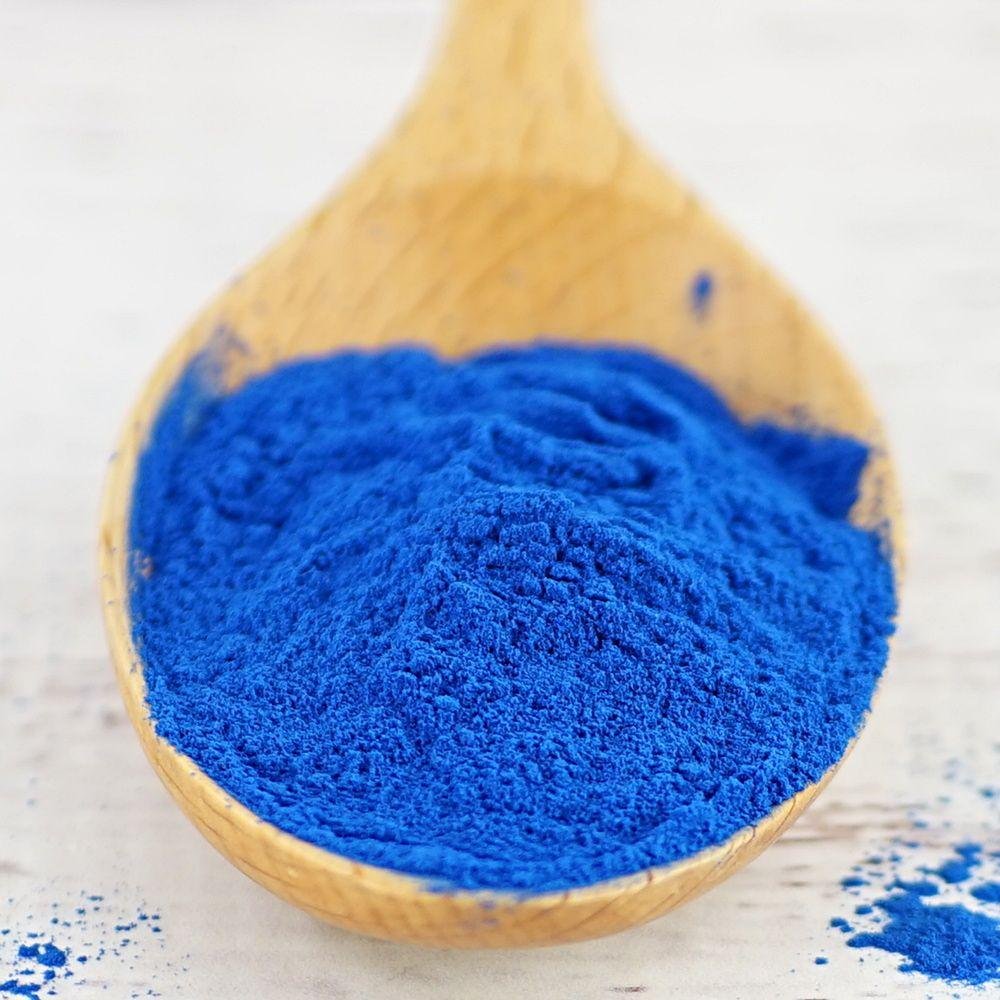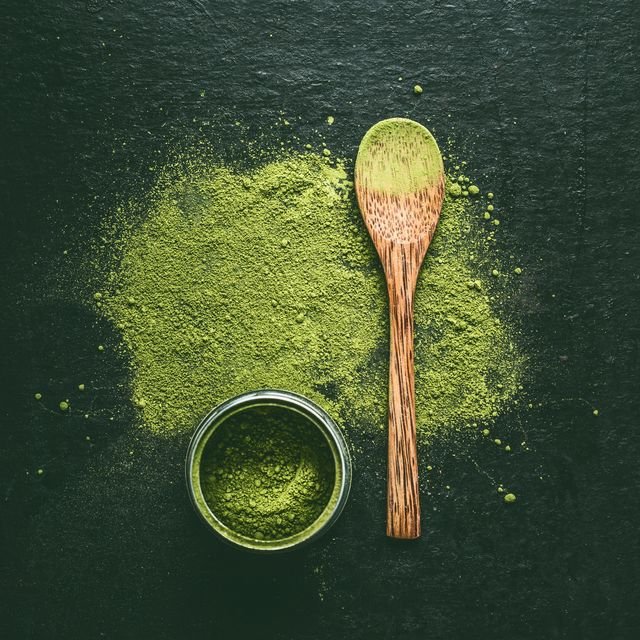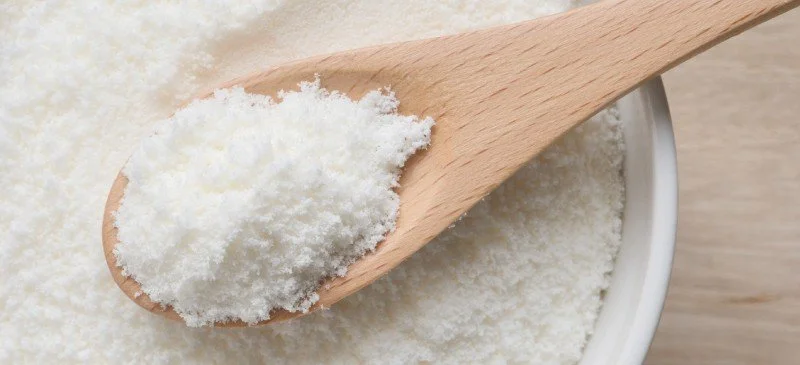Health Benefits.
-

Ashwagandha
Ashwagandha is integral to centuries-old Ayurveda, India's traditional medicine system. This non-toxic herb is part of a class of plants called adaptogens known for their health benefits when ingested as teas, powders, tinctures, and supplements or in their raw forms.
Health benefits include:
Relieves stress and anxiety.
Lowers blood sugar and fat.
Supports heart health.
Improves cognitive function.
Increases muscle and strength.
Improves sexual function in women.
Boosts fertility and testosterone levels in men. -

Astragalus.
Astragalus root is an adaptogen in herbology used in traditional Chinese medicine. It helps the body adapt and thrive under various physical, mental, and emotional stressors.
Health benefits include strengthening your immune system and increased stamina and strength; it may also reduce nausea and vomiting caused by chemotherapy and reduce cancer-related fatigue. Astragalus may also promote heart health and provide liver & kidney support.
-

Bee Pollen
Bee pollen contains nutrients, amino acids, vitamins, lipids, and over 250 active substances. It includes a wide variety of antioxidants that help to protect your body from free radicals—used traditionally to reduce inflammation and swelling. It has been compared to anti-inflammatory drugs such as naproxen. Bee pollen may also boost your immune system, aid in the healing of wounds, alleviate several menopausal symptoms such as hot flashes, and improve sleep.
-

Blue Majik
Blue Majik, considered a superfood, is a blue-green algae that is one of the most nutrient-dense foods—loaded with vitamins B1, 2, and 3, iron, magnesium, potassium, protein, vitamins, minerals, carotenoids, and antioxidants. It is a powerful detoxifier and contains a compound called phycocyanin, an antioxidant that fights against free radicals that can damage your cells. It supports heart health and muscular endurance and promotes better sleep.
-

Cerimonial Matcha Powder
Matcha is a green tea variety that boasts more caffeine and antioxidants than traditional green tea. It reduces cell damage and helps to prevent chronic disease while enhancing brain function. Matcha stimulates collagen production, which promotes glowing skin. For those who experience coffee jitters, matcha contains L-theanine, an amino acid shown to reduce stress and help alleviate the crash that can happen with coffee.
-

Pea protein
Pea protein is known for its high protein content. It is a vegan and gluten-free alternative to whey protein. It contains all nine of the essential amino acids. It is easier to digest than other protein powders, and being low in fiber, it does not create gas or bloating. Pea protein aids in muscle growth, weight loss, and heart health.
-

Maca
Traditionally grown in Peru, maca is an adaptogenic herb. Like other popular adaptogenic herbs, it helps the body manage environmental stress. By increasing dopamine levels, it aids in combating depression. Mace may increase energy & bone density. For women in perimenopause or menopause, it may help with hot flashes and night sweats. It also serves as a libido boost and increases male fertility.
-

Lions Mane
Lions mane is a mushroom containing bioactive substances that have many beneficial effects on the body, especially the brain, heart, and gut. Health benefits include:
Protect against depression, relieve symptoms of depression, promote faster nerve cell growth, and aid in recovery from injury. Taken for gastrointestinal issues, it may protect against stomach ulcers & helps to maintain hormonal balance. Lions Mane also reduces inflammation and supports a healthy immune system.
-

Collagen
Collagen is a protein made by your body combining amino acids. It is responsible for healthy joints and skin elasticity. As we age, the collagen in our body breaks down, making it difficult for our body to make more. Collagen decreases joint pain, improves joint mobility, improves skin elasticity and aging, prevents bone loss, and helps stimulate muscle growth after exercise. In addition, it promotes heart and gut health.
-

Reishi
The bioactive compounds in the reishi mushroom support bodily systems and help them function at their best on a cellular level. They are known to support longevity and wellness.
This fungus contains over 400 different bioactive compounds, including triterpenoids, polysaccharides, nucleotides, sterols, steroids, fatty acids, proteins, peptides, and trace elements that can help contribute to a long and healthy life.
Alleviate occasional stress, support restful sleep, lung, and respiratory health, and the lower urinary tract. The reishi may not be a fountain of youth, but it is close!
-

Chaga
Chaga is used for a number of ailments. The metabolites in Chaga mushrooms benefit DNA health by protecting it from oxidative stress damage. It encourages gastrointestinal health and digestive comfort. It helps your body adapt to stress and restore balance in blood sugar, helps with muscle fatigue, supports the immune system, slows down signs of aging, and improves memory and learning.
-

Cordyceps
It was traditionally used as a lung and kidney tonic, making it useful for respiratory complaints, physical tiredness, and those with a weak constitution. Sexual function, libido, and improved energy and exercise performance are also keynotes for Cordyceps mushrooms’ traditional use.